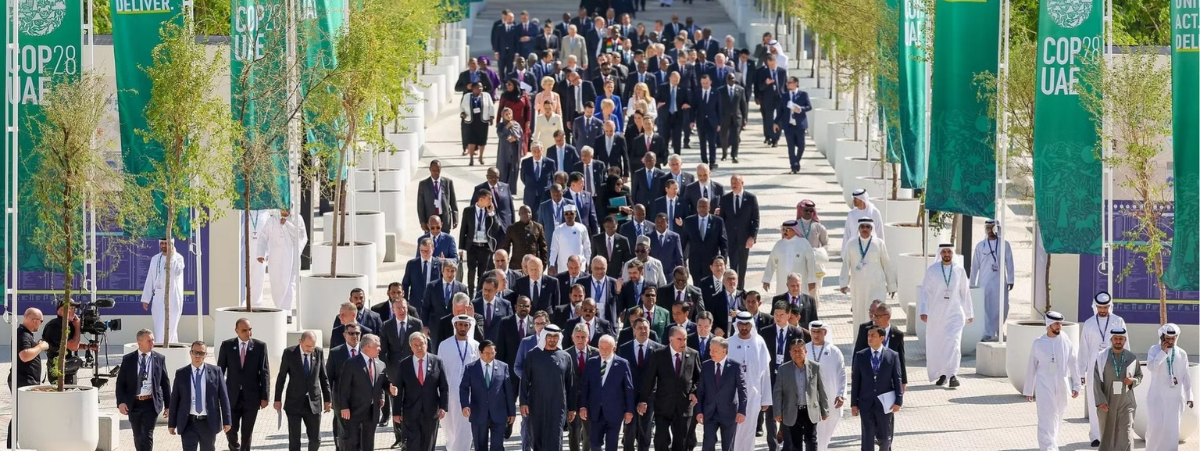Here are the main takeaways from the EU Green Week 2022 conference, which took place from May 30 to June 1.
EU Green Week is an annual event for all stakeholders to debate Europe’s environmental policy. In 2022 the theme was EU Green Deal – Make it Happen, and the hybrid conference tackled three aspects of the transformation – circular economy, zero pollution, and biodiversity.
Ahead of the conference, Virginijus Sinkevičius, European Commissioner for Environment, Oceans and Fisheries said: “Russia’s invasion of Ukraine has changed our world. Showing solidarity and helping Ukrainians is a top priority, but the war has also shown that we need to strengthen our resilience in response to crises. Climate change, biodiversity loss, and pollution don’t go away when war breaks out. And this is why we have the European Green Deal, our compass for the good and the bad times. At this year’s EU Green Week, I am looking forward to discussing with people from all over Europe about how we can level up our actions to protect our environment.”
Day 1: Focus on nature-based solutions
On the first day of the conference, nature-based solutions were recognized as key to combating climate change.
Most of the winners of the LIFE Awards, announced Monday May 30th, focus on ecosystem and biodiversity conservation in places including Cyprus, Estonia and Germany.
LIFE Awards winners
The LIFE Award for Nature went to LIFE-KEDROS (Cyprus) for enhancing the conservation status and resilience of cedar forests at risk from climate change in Cyprus.
The LIFE Award for Environment went to Clean Sea LIFE (Italy), an awareness-raising project to reduce marine litter along Italian coasts.
The LIFE Award for Climate Action went to LIFE VinEcoS (Germany) for boosting biodiversity in vineyards in Saxony-Anhalt, Germany to make them more climate-resilient.
Executive Vice-President for the European Green Deal, Frans Timmermans, said: “Nature restoration is an incredibly powerful tool to tackle both the climate and the biodiversity crisis. We need to protect and restore nature, so it can protect us.”
At ClimateTrade, we agree wholeheartedly. That’s why you can find many nature-based solutions projects on our marketplace and, since last week, you can even buy biodiversity credits from Terrasos’ Bosque de Niebla Project in Colombia!
Browse nature-based solutions projects
Day 2: Focus on regulatory efforts
On the second day of the conference, speakers reinforced how important laws and their enforcement are to promote a circular economy, ensure zero pollution and restore nature.
According to them, the EU needs to start the institutional framework to say loud and clear: ‘We no longer accept unsustainable products.’ Even if it is not popular.
Interestingly, speakers mentioned that ‘Polluter pays’ is a principle in the founding treaties of the EU, but that governments find it hard to implement. In fact, only 0.2% of tax revenue is based on pollution and resource use, compared to 54% from labour taxes. Enforcement is key to reach zero pollution and promote the circular economy.
Finally, they pointed out that nature restoration is human protection. Questioning the need for a nature restoration law is questioning that humans are part of nature.
At ClimateTrade, we support holistic climate action. Visit our marketplace to browse sustainable projects around the world.







